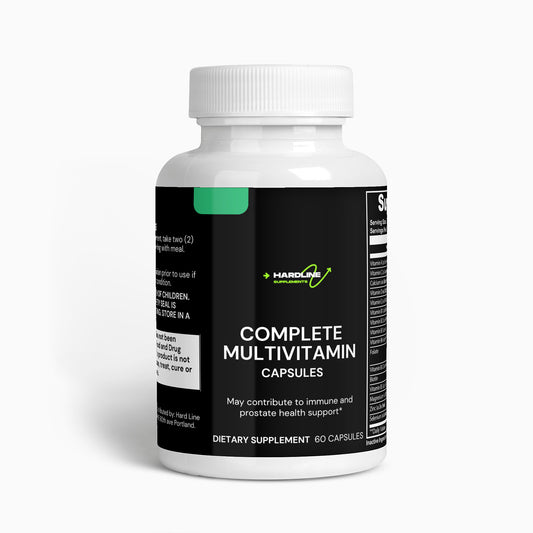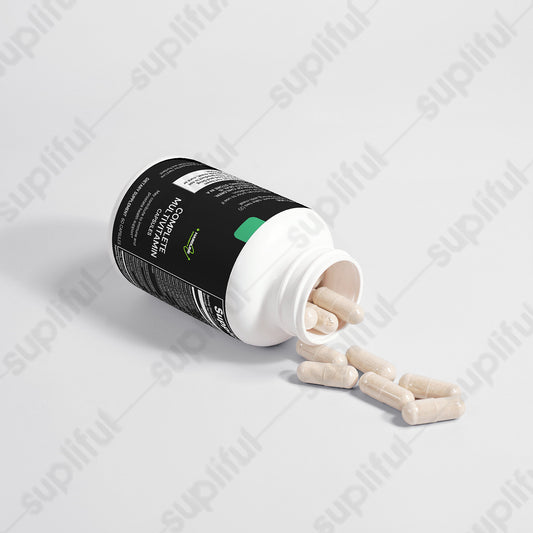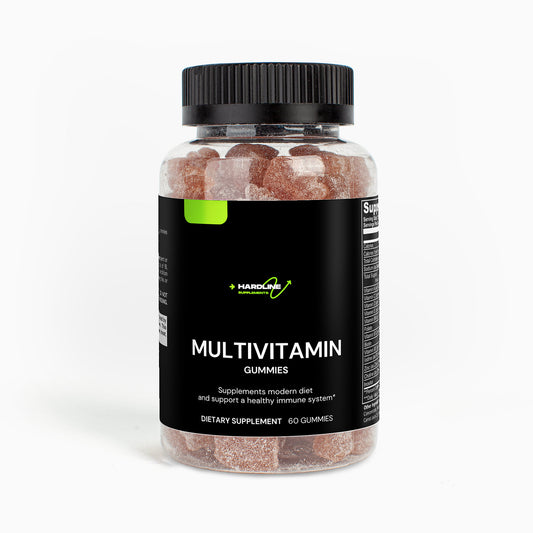Collection: Vitamins and minerals
Vitamins and minerals are essential nutrients that the body needs to function correctly. They play critical roles in maintaining health, supporting growth, and preventing diseases.
### **Vitamins**
Vitamins are organic compounds that the body requires in small amounts for various functions, including:
- **Vitamin A**: Supports vision, immune function, and skin health.
- **Vitamin C**: Important for immune defense, antioxidant protection, and collagen synthesis.
- **Vitamin D**: Regulates calcium and phosphorus, promoting bone health.
- **Vitamin E**: Acts as an antioxidant, protecting cells from damage.
- **B Vitamins**: (B1, B2, B3, B6, B12, folate, etc.) Support energy production, brain function, and red blood cell formation.
### **Minerals**
Minerals are inorganic elements that aid in various bodily processes, such as:
- **Calcium**: Essential for bone and teeth health, muscle function, and nerve signaling.
- **Iron**: Crucial for oxygen transport in the blood and energy metabolism.
- **Magnesium**: Involved in over 300 biochemical reactions, including muscle and nerve function.
- **Zinc**: Supports immune function, wound healing, and DNA synthesis.
- **Potassium**: Regulates fluid balance, muscle contractions, and nerve signals.
### **Benefits**
- **Immune Support**: Vitamins like C and D, along with minerals such as zinc, boost immune defense.
- **Energy Production**: B vitamins and minerals like iron and magnesium help convert food into energy.
- **Bone Health**: Calcium, vitamin D, and magnesium are vital for strong bones and teeth.
- **Antioxidant Protection**: Vitamins C and E protect cells from oxidative stress and damage.
### **Sources**
These nutrients are found in a balanced diet rich in fruits, vegetables, whole grains, lean proteins, and dairy. Supplements can also help meet specific dietary needs or deficiencies.
Incorporating a variety of vitamins and minerals into your diet is crucial for maintaining overall health and well-being.
-
HARD LINE Complete Multivitamin
Regular price $32.90Regular priceUnit price / per -
Greens Superfood
Regular price $35.90Regular priceUnit price / per -
Multivitamin Bear Gummies (Adult)
Regular price $19.90Regular priceUnit price / per





